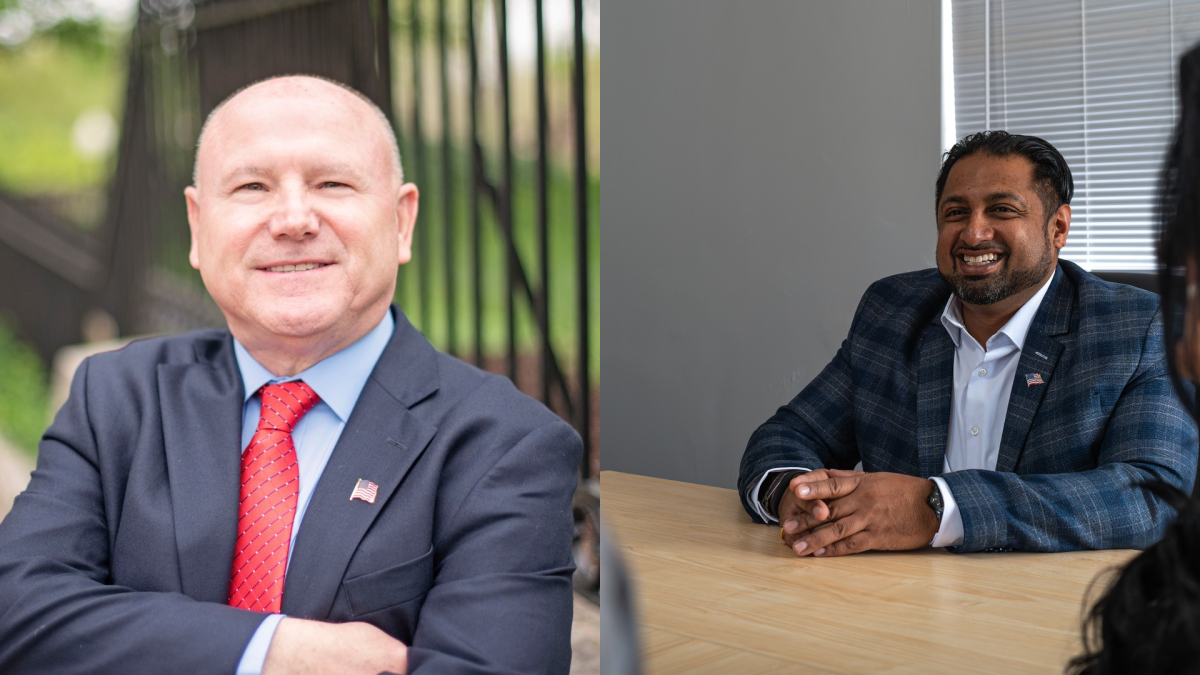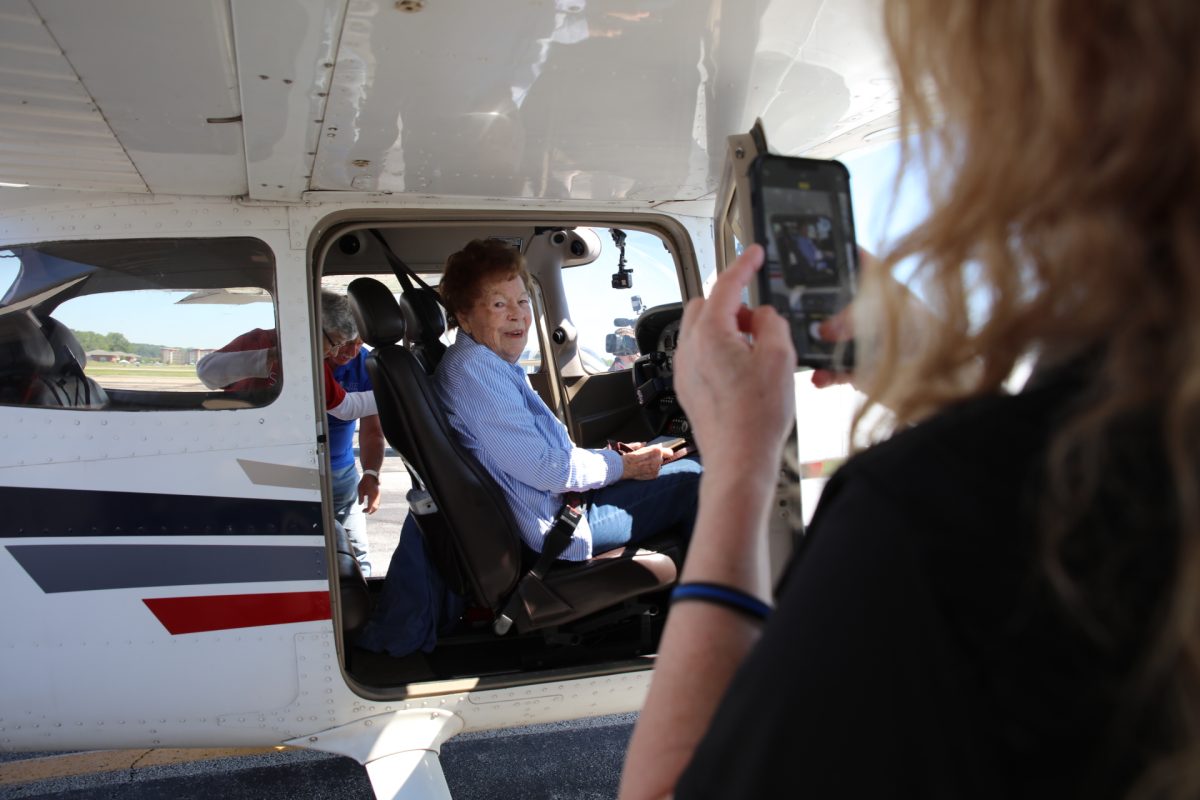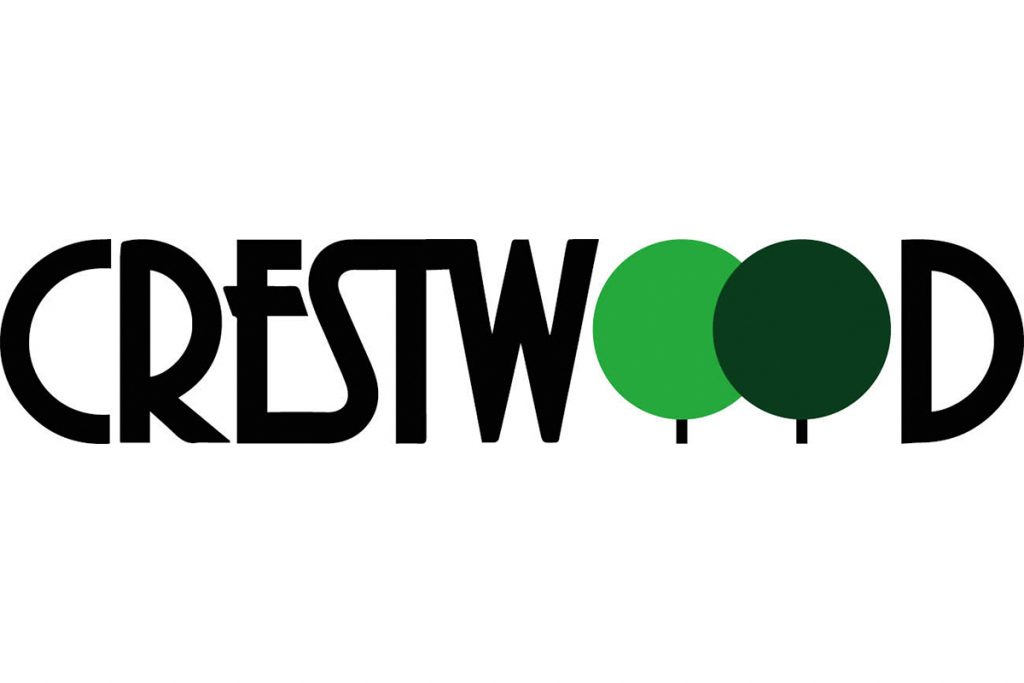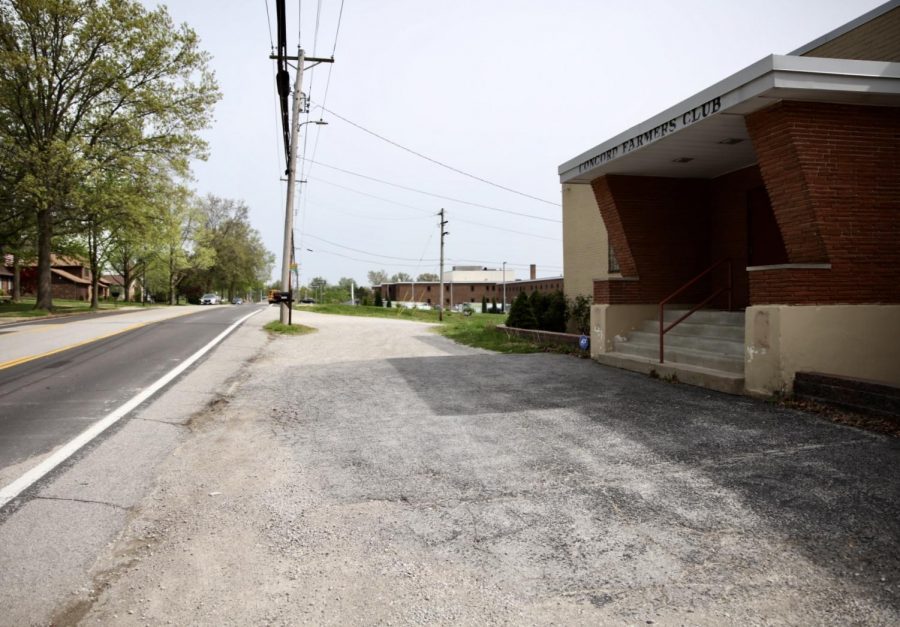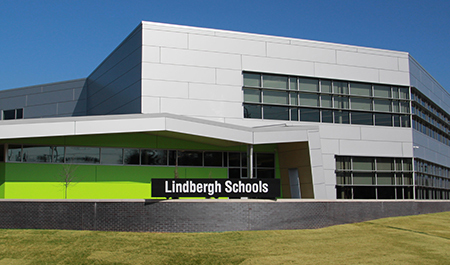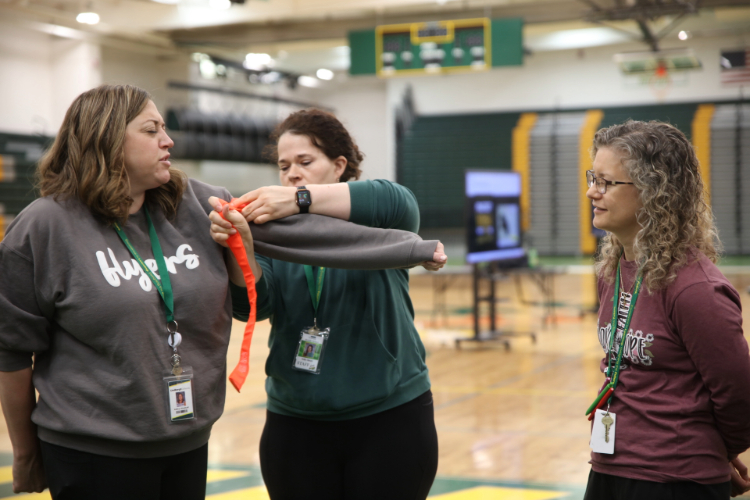Superintendent Tony Lake has emphasized equity and diversity since his arrival in Lindbergh Schools in 2018, and those efforts have expanded this school year after last summer’s social justice marches.
The district now examines every decision it makes through the lens of equity, trying to ensure equal access to education for all, Lake said at his annual Listening and Learning event, held virtually Nov. 20 due to the COVID-19 pandemic.
“What we want for all Lindbergh kids is to feel like they belong and that they have a voice and a seat at the table and they can go achieve and do anything and everything possible imaginable that they may want to do in their lifetime,” Lake said.
The goals of the districtwide Equity and Diversity Committee established in 2018, which includes students, staff and family members, are to establish “culturally responsive” classroom instruction along with recommending inclusive policy and cultural changes in order to create an “educational community that corrects disparities and prioritizes diversity.” The district website says that “equity standards” will now factor into all curriculum revisions, with literature looked at this year.
To that end, in the last two years the district has launched tuition-free full-day kindergarten, diversified library and classroom books and most importantly, committed to considering equity as a key factor in nearly every decision.
When it comes to curriculum, the district website states, “A concerted effort has been taken to go deeper and look at stereotypes portrayed and author diversity.”
Lindbergh is 84.8 percent white, but a further demographic breakdown was not available by press time.
To prevent bias, all students in grades 1-3 are now screened for the gifted program. Gifted coordinator Tracy Bednarik told the Board of Education in April, “We’re making that effort to catch every kid.”
The district has continued its commitment to equity in 2020 despite the challenges from the COVID-19 pandemic. This year, the district replaced departing Director of Innovative and Gifted Education Jana Parker with a full-time equity coordinator and added a full day of equity training during teacher orientation, with plans to continue the training throughout the year.
The district’s administrators, principals and some board members have been trained in equity by Educational Equity Consultants. The cost for initial training for up to 55 administrators was $22,000, then $14,000 for continued classes. This year’s tab is $28,000 for both, a cost that is funded by finding other budget efficiencies.
Board President Mike Shamia led the school board in a round of applause for those efforts at an Oct. 13 workshop.
“Running our school district in a normal year is a tall order, and you add in COVID, the Prop R construction, and some other items like equity and diversity and dyslexia, and it hasn’t gone unnoticed all the work that’s been put in and the depth and breadth of the work and the time that you’ve put in,” Shamia said.
After attending two days of virtual equity training this summer, board member Christy Watz said, “I feel like I want to change the world.”
Lindbergh’s Special School District Area Coordinator Johnicka Turner was hired as diversity coordinator for a $5,000 stipend, a natural fit as she has been active on the equity panel since its inception and guided students who created and sponsored the Black Student Union at Lindbergh High.
The move to create a full-time position next year solely focused on equity was encouraged by LEAD (Lindbergh Equity and Diversity), a coalition of teachers and community members pressing the district to focus more on equity and diversity.
LEAD issued an open letter to the district in June following a march in Crestwood that attracted hundreds of district residents asking for change. The group recommended a full-time equity coordinator, expanding equity training and giving all students from prekindergarten to seniors anti-bias and anti-racist lessons, along with lessons on systemic racism. The district budget is a “moral document,” LEAD said, and more money should be devoted to equity efforts, including in individual school budgets.
“Lindbergh has a history of silence and complacency. Black and brown students and families are experiencing harmful racism daily in our school district,” LEAD said in its open letter. “While the district has begun some important efforts in the area of equity, Lindbergh is pacing this work at a rate that privileges the comfort of our white community members rather than the urgent safety and needs of our Black community members. Racism and white supremacy extend throughout every single Lindbergh school, and every school in Lindbergh must be a part of the solution.”
But Concord resident Kathy Meyer wrote a letter to The Call objecting to teaching kindergarteners about racism.
“Since my grandson just started kindergarten, I was absolutely stunned that educators would think teaching sweet, innocent children about racism is the best path forward,” Meyer wrote in her letter, adding, “Why would Lindbergh teach such divisive and harmful lessons to children so young?”
Every building leadership team now has a representative specifically tapped to consider equity issues, and those representatives have also undergone specialized training. The representatives “make sure that every single one of our kids feels like they’re represented and that they have a seat at the table,” Lake said.
To ensure equity for virtual learning during the pandemic, the district moved up plans to switch over from its longtime “BYOD” — bring your own device — program for computers and devices to district-provided 1:1 laptops and iPads.
Under BYOD, the technology available to students was inequitable, Lake pointed out last year: When a teacher asked a student to do something, one student might have a brand-new iPad while another had a six-year-old Kindle, giving them completely different educational experiences.
“When kids walk through the door with us, no matter their social capital, their financial capital, whatever, they should not get a better education based on that,” Lake said. “BYOD was a good thing at one time, but it’s time to unwind that and get that equity piece back.”
Last year, board member Cathy Carlock Lorenz urged the district to look at the availability of wifi internet hotspots for families without access, and the district distributed those this spring.
The district revamped hiring to recruit staff members who look like the student population and prioritize equity, as asked for in handwritten letters sent by students.
“We’ve heard from our students that say I’d like to see people who look like me represented in different positions in our school district,” Lake said. “We want to make sure that everyone moving forward that we hire believes that every kid is capable of being successful and every kid has a voice and every kid has a seat at the table.”


















